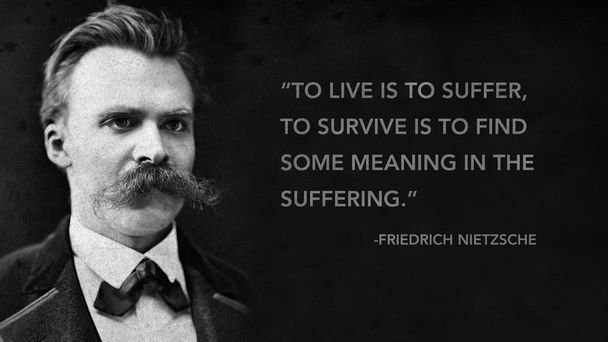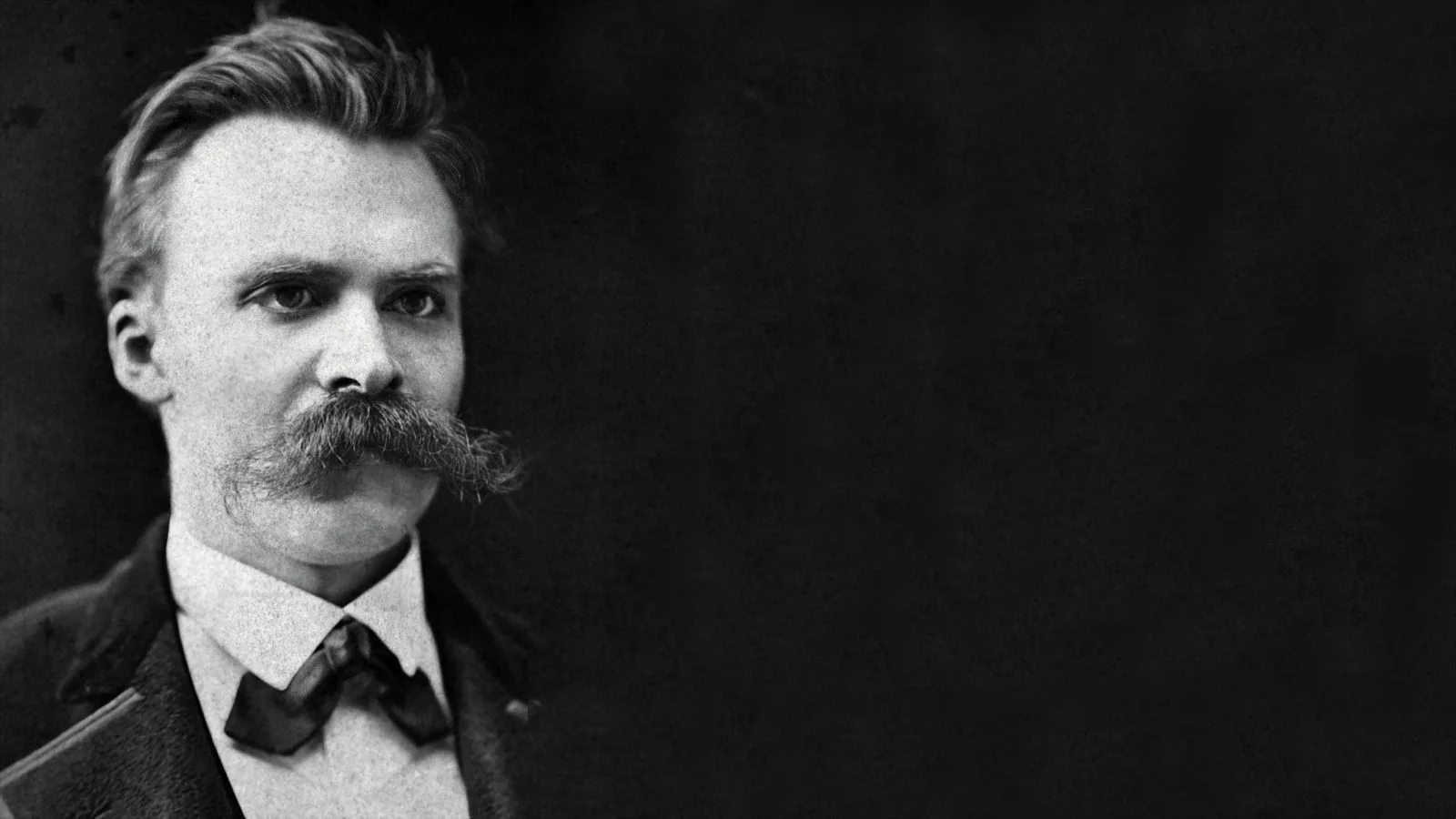By Stella Tsianta,
“God is dead: But considering the state Man is in, there will perhaps be caves, for ages yet, in which his shadow will be shown.”
— Friedrich Nietzsche
We all have heard the name of one of the most infamous philosophers this world has ever seen — Friedrich Nietzsche. Friedrich Nietzsche (born Oct. 15, 1844, Röcken, Saxony, Prussia-died Aug. 25, 1900, Weimar, Thuringian States), German-Swiss philosopher and writer, became one of the most influential of all modern thinkers, deeply affecting generations of theologians, philosophers, psychologists, poets, novelists, and playwrights. The importance of his work stands in the idea that he attempts to unmask the motives that are situated under the traditional Western religion, morality, and philosophy.
In my opinion, it is obligatory and of undeniable importance not only to read and understand a great deal of the “elite” philosophers’ works but to investigate the face and the life behind the philosopher, to truly grasp their ideals and understanding of the world, to see with their eyes, to question why and how they became such renown figures that have affected so many of us throughout history as well. This is a privilege to the reader and should be done with any writer’s work when we find it admirable and inspiring.
“One should part from life as Odysseus parted from Nausicaa: blessing it rather than in love with it.”
— Friedrich Nietzsche, Beyond Good and Evil (1886)

Nietzsche’s family has a very religious background; the son of a Lutheran pastor spent most of his early life in a household consisting of five women. He went to the University of Bonn to study theology and classical philology after graduating in 1864. In 1865, he transferred to the University of Leipzig, joining Albrecht Ritschl. During the years in Leipzig, Nietzsche discovered Arthur Schopenhauer’s philosophy (which had quite the influence on his philosophy and way of thinking), met the great operatic composer Richard Wagner, and began his lifelong friendship with fellow classicist Erwin Rohde (author of Psyche: The Cult of Souls and Belief in Immortality Among Ancient Greeks, 1894). At the age of 24, he became a professor of classical philology at the University of Basel after being recommended by Ritschl. Quoting him: “I have never seen anyone like Nietzsche in 40 years of teaching, and his talents are limitless”.
Nietzsche obtained a leave to serve as a volunteer medical orderly in August 1870 after the outbreak of the Franco-German War. Within a month, he acquired dysentery and diphtheria while following a wounded transport, irreparably destroying his health. He lived in boarding rooms throughout Switzerland, the French Riviera, and Italy, seriously sick, half-blind, and in practically continuous agony, with only little human interaction. Nietzsche collapsed in the streets of Turin, Italy, in January 1889, having lost control of his mental faculties completely. He spent the last 11 years of his life in total mental darkness, first in a Basel asylum, then in Nambung under his mother’s care, and, after her death in 1897, in Weimar in his sister’s care. He died in 1900. His unusual general paralysis, induced by latent tertiary syphilis, was long thought to be the cause of his breakdown. Later diagnoses included degeneration of the cerebral blood vessels and retro-orbital meningioma, a tumor of the brain meninges behind the (right) eye. The association of Nietzsche’s name with Adolf Hitler and fascism owes much to the use made of his works by his sister, Elisabeth; her enthusiasm for Hitler linked Nietzsche’s name with that of the dictator in the public mind.
In his mature writings, Nietzsche was preoccupied with the origin and function of values in human life. If, as he believed, life neither possesses nor lacks essential value and yet is always being evaluated, then such evaluations can usefully be read as symptoms of the condition of the evaluator. As a result, he was particularly interested in a thorough examination and assessment of the essential cultural elements of Western philosophy, religion, and morality, which he defined as expressions of the ascetic ideal. When suffering acquires ultimate meaning, the ascetic ideal emerges. This expression of the ascetic ideal can be pinpointed: Christianity in personal immortality, traditional philosophy when it privileged soul over body, mind over senses, duty over desire, reality over appearance, the timeless over the temporal.
Nihilism was the term Nietzsche used to describe the devaluation of the highest values disposed of by the ascetic ideal. Only a widespread sense of purposelessness and meaninglessness would exist after the collapse of philosophical and theological grounds and sanctions for traditional morality. And the attainment of meaninglessness is the triumph of nihilism: “God is dead”.

Some of his most admired works are: Beyond Good and Evil (1886), Ecce Homo: How One Becomes What One Is (1908), Human, All Too Human: A Book for Free Spirits (1878), On the Genealogy of Morality: A Polemic (1887), The Birth of Tragedy from the Spirit of Music (1872), The Gay Science (1882), The Will to Power (1901), Thus Spoke Zarathustra (1883-1892), and Untimely Meditations (1873-1876).
“Believe me, the secret of the greatest fruitfulness and the greatest enjoyment of existence is; to live dangerously!”
References
- Friedrich Nietzsche, britannica.com, Available here
- Friedrich Nietzsche, plato.stanford.edu, Available here
- Explainer: Nietzsche, nihilism and reasons to be cheerful, theconversation.com, Available here
- Paul van Tongeren, Friedrich Nietzsche and European Nihilism, published by Cambridge Scholars Publishing, 2018, cambridgescholars.com, Available here




